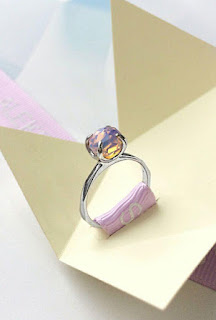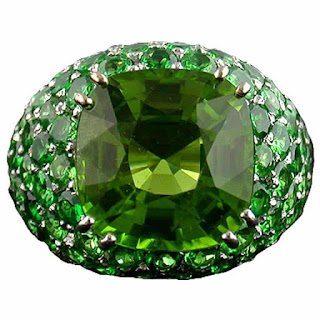Tanzanite — a stone given to the world by the Massai

History and origin The mineral tanzanite or blue zoisite has two stories about the appearance of nuggets on the market . They only agree on one thing — they discovered the stone in 1967 near Kilimanjaro . The origin of the gem is due to rock pressure and high temperatures during the collision at this point of the two continents 580 million years ago . And the name is the country of discovery , Tanzania . Engagement ring A more common version of the story claims that the first copies of the stone were found by a prospector from Portugal , Manuel de Souzo . In the East African state , a man was led to search for rubies . He wandered around the country with an expedition from the local Maasai tribe , until he came across a nondescript brown - purple stone on the Merelani plateau . Manuel took the find for a sapphire , but after checking it turned ou...

